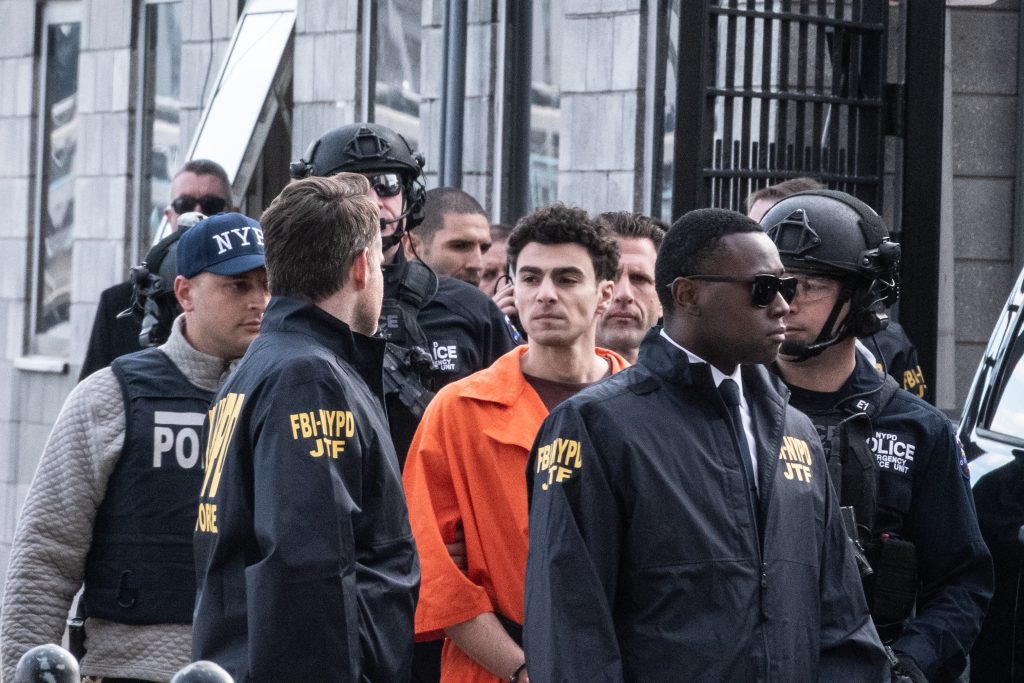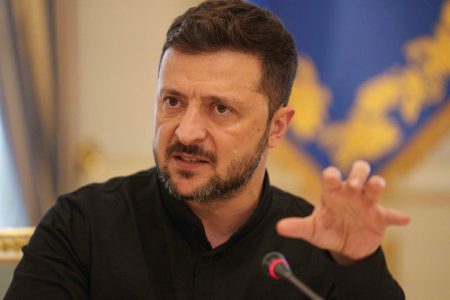Luigi Mangione’s arraignment in a New York court marks the beginning of a complex legal battle stemming from the highly publicized murder of UnitedHealthcare CEO, Brian Thompson. Mangione pleaded not guilty to a litany of charges brought by both state and federal authorities, a situation his defense attorney described as unusual and confusing. The case has ignited a firestorm of controversy, sparking a heated public debate about the spiraling costs of healthcare and the perceived inadequacy of financial support provided by insurance companies. While New York Mayor Eric Adams has unequivocally condemned the murder, a significant wave of public sentiment appears to support Mangione, reflecting a deep-seated frustration with the current healthcare system. This backdrop of public opinion adds another layer of complexity to the legal proceedings.
Mangione currently resides in a federal detention center in Brooklyn, awaiting further court appearances. His initial arraignment on state charges was postponed due to the intervention of federal authorities, who filed their own set of charges. This dual jurisdiction adds a layer of complexity to the case, raising questions about the coordination and potential overlap between state and federal prosecutions. The state charges against Mangione include Murder in the First Degree in Furtherance of Terrorism, a charge carrying the maximum penalty of life with parole. He also faces two counts of Murder in the Second Degree, also carrying a maximum penalty of life with parole. Additional charges encompass various weapon possession offenses, ranging from second to fourth degree, each carrying varying prison sentences. Furthermore, he is charged with Criminal Possession of a Forged Instrument.
At the federal level, Mangione faces even more severe charges, including Using a Firearm to Commit Murder, which carries a potential death penalty. The federal indictment also includes Interstate Stalking Resulting in Death and Stalking Through Use of Interstate Facilities Resulting in Death, both of which carry maximum penalties of life imprisonment. These charges stem from Mangione’s alleged travel from Maryland to New York to carry out the murder, and his subsequent travel to Pennsylvania. Finally, he is charged with Discharging a Firearm Equipped with a Silencer in Furtherance of a Crime of Violence, a charge carrying a potential life sentence with a mandatory minimum of 30 years. The array of federal charges underscores the gravity of the accusations and the potential for severe consequences.
Adding to the intricate legal landscape, Mangione also faces charges in Pennsylvania related to his apprehension at a McDonald’s in Blair County. These charges, including possession of a fraudulent ID, a gun, and a silencer, are comparatively less serious. The Blair County District Attorney has indicated a willingness to defer these charges until the conclusion of the New York cases, suggesting a prioritization of the more substantial charges related to the murder itself. This multi-jurisdictional aspect of the case adds another layer of complexity to the already intricate legal proceedings.
Looking ahead, Mangione is expected to enter a plea of not guilty to the federal charges in the new year. He will remain in federal custody while pre-trial motions commence for both the state and federal cases. These motions will likely involve complex legal arguments regarding jurisdiction, evidence admissibility, and potential constitutional issues. The defense will likely explore strategies to challenge the strength of the prosecution’s case and to minimize the potential penalties. The intersection of state and federal charges raises important questions about how the two jurisdictions will coordinate their efforts and whether one set of charges will take precedence over the other.
The Mangione case represents a convergence of complex legal issues and a highly charged public discourse on healthcare affordability and access. The case is poised to be a significant test of the legal system, scrutinizing the interplay between state and federal jurisdictions in prosecuting a high-profile crime. The backdrop of public sentiment, with a groundswell of support for the accused, further complicates the proceedings and introduces a potent social and political dimension. The outcome of this case will not only determine Mangione’s fate but also potentially influence the ongoing national debate about healthcare reform and the role of insurance companies in providing accessible and affordable medical care.










